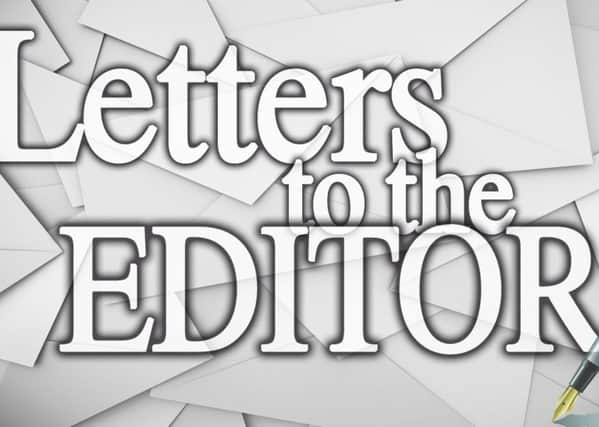Leo Varadkar knows that Brexit means that Irexit in some form must follow


If Prime Minister May does a deal with the EU the House of Commons should back it in line with the referendum decision.
If the hard men (what I call the Tory equivalent of the Irish anti-Treaty Republicans in 1922) vote it down there is a realistic chance of the House of Commons reversing the referendum decision (technically “postponing” it until after the next election, a de facto second referendum).
Advertisement
Hide AdAdvertisement
Hide AdRees Mogg and company must know that and must also know that getting out is what matters, not the terms and conditions.
Once the UK is out of the EU, the impact of that, along with the many other serious pressure points pulling the EU apart, will enable the UK to do what we did with the Anglo-Irish Treaty of 1921 in the 1930s — ignore the parts of the agreement they don’t like and simply use the re-established sovereignty of the House of Commons to change the agreement. No need for drama.
They just need to get their timing right.
The most important thing Michael McDowell got right in his piece in the Sunday Business Post piece about Brexit (4th November) was his comment that [after Brexit] “Ireland is perforce going to be a somewhat semi-detached member of the EU if the Brussels elite successfully pushes for more political integration”.
Taoiseach Varadkar’s aggressive approach on the border has, as McDowell says, nothing to do with Britain’s difficulty being Ireland’s opportunity but everything to do with the fact that Mr Varadkar knows that Brexit means that Irexit (in some form) must follow.
Advertisement
Hide AdAdvertisement
Hide AdIt is natural for the UK to think that the Republic is pursuing an England’s-difficulty-is-Ireland’s-opportunity policy just as it is natural for the Republic’s government to believe that the UK is attempting a divide and conquer [EU Member States] policy in relation to Brexit.
In the Republic’s case, working with the UK bilaterally on the border issue from the day after the referendum would have been the right policy.
McDowell is wrong to say that everyone in the Republic is happy with the EU as it currently is (the two Nice and Lisbon referenda prove otherwise).
In that regard, it is important to note that the establishment here would normally cave in to further EU treaties but because of Brexit the establishment will have to say “no” in the future.
Advertisement
Hide AdAdvertisement
Hide AdIt is important, therefore, for Ireland as well as well as for the UK that Brexit proceeds next March no matter how bad the terms and conditions are. The future will take care of the Ts&Cs.
There have been several pieces about Angela Merkel’s legacy in the British and Irish media in recent days.
The reality is that Merkel was mediocrity personified, with no idea how to lead a continent (thank goodness). Her failure to give PM Cameron something on immigration made Brexit inevitable.
On the other hand, had she given Mr Cameron something that would have meant the end of the EU as well. Perhaps history will record that Chancellor Merkel’s biggest failure was her failure to realize that a German-controlled Europe is not going to happen.
Advertisement
Hide AdAdvertisement
Hide AdThe chancellor could have guided her own country to that realization and made clear to other Member States that they had no business supporting such as an idea either.
Michael Clarke, Retired public servant, Dublin